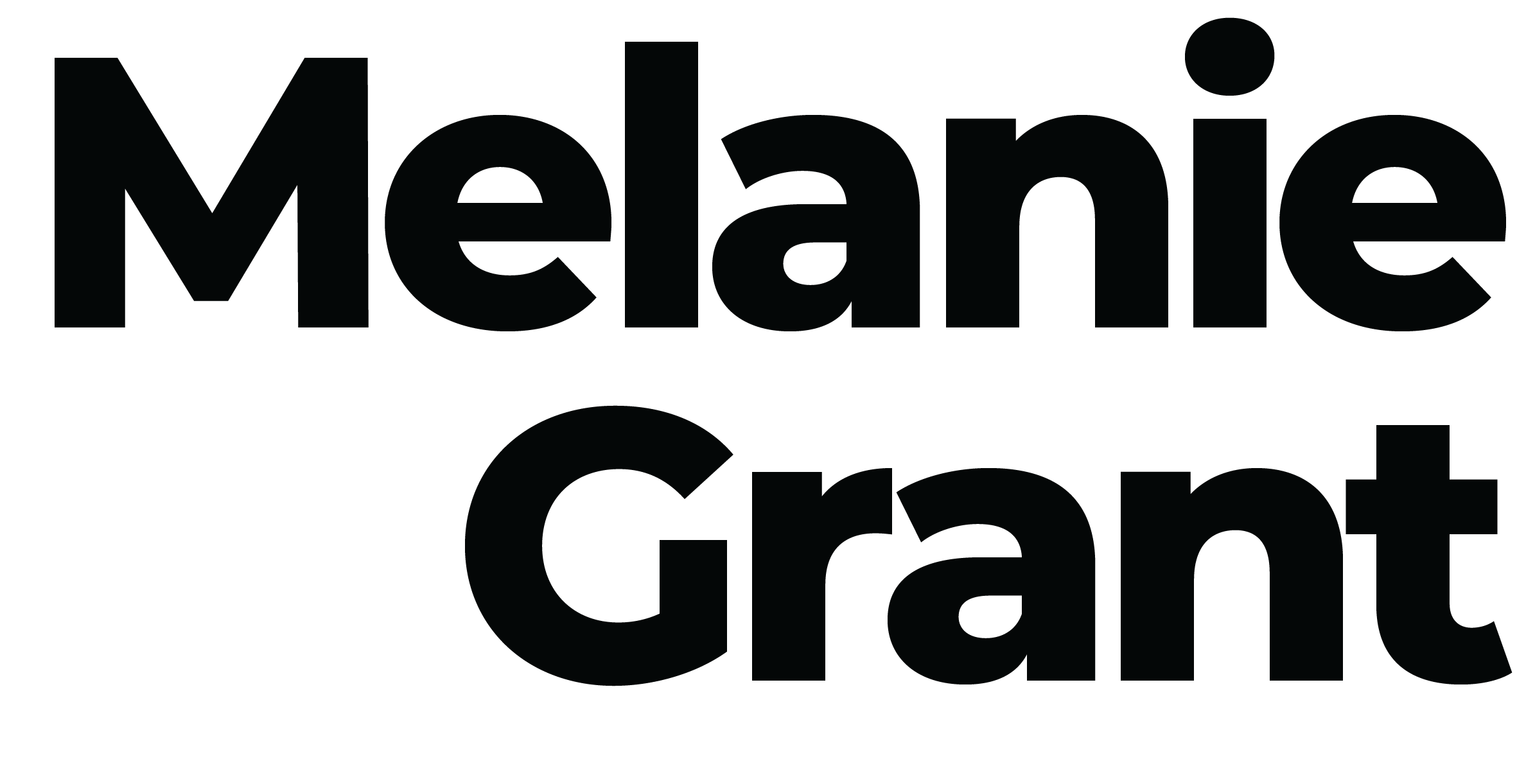Ageing is natural and inevitable! It happens to everyone, regardless of gender or genetics. I encourage a preventive approach to ageing focusing on really nurturing the skin from the inside out, embracing the skin you’re in and ageing gracefully. I take a 360-degree approach to support optimal skin health with a comprehensive at-home regime, regular facials either in-clinic or at home and following an anti-inflammatory diet.
The skin acts as a shield, protecting us from the external environment. This means it encounters a lot of challenges throughout our daily lives in the form of free radicals (unstable molecules that latch onto healthy cells and gradually weaken them) caused by UVA/UVB rays and pollutants. As the largest organ, it’s not surprising that the skin is quick to show signs of ageing as we get older.
There are two different kinds of ageing, intrinsic and extrinsic ageing. Intrinsic ageing refers to the unavoidable physiological process that results in thinner skin, dehydration and fine lines. Unfortunately, we don’t have much control of this as the way we intrinsically age is, for the most part, already written in our DNA. Extrinsic ageing, however, refers to external environmental factors that exacerbate signs of premature ageing, resulting in deep set wrinkles, loss of skin laxity and plumpness, and uneven texture. Prolonged sun exposure is the main cause of extrinsic ageing, but lifestyle factors like smoking, diet and pollution can also contribute.
While I personally don’t love the term ‘anti-ageing’ due to its negative connotations (ageing is natural, normal and beautiful), there are a number of products you can incorporate into your skincare routine to encourage healthy ageing. A morning regime starter pack for ageing is a potent antioxidant serum, nourishing moisturiser, followed always by SPF and for an evening regime, a retinol serum, slow-release retinol eye cream and reparative night cream.
Focus on products that hydrate and promote skin cell turnover. These are the key ingredients to know:
✔️ SPF
Sun exposure is the biggest, and most preventable, cause of premature skin damage and ageing. Always use an SPF of at least 30 as the final step in your daytime skincare routine every. single. day.
✔️Retinol
An ageing skin care must! As we age, our skin cell turnover rate decreases. Retinol, a Vitamin A derivative, speeds up this process to reveal new layers of skin while also smoothing wrinkles and preventing new ones from forming.
✔️ AHAs
Alpha Hydroxy Acid (AHA) is a chemical exfoliant that gently dissolves dead skin cells, leaving the skin brighter, helping with congestion and improving the skin’s overall texture. AHAs see fantastic results for minimising the appearance of fine lines and wrinkles, by promoting cell turnover.
✔️ Antioxidants
Antioxidants fight free radical damage (also known as oxidative stress). With daily use, they can help to brighten, fade dark spots, even out the complexion and lift dullness. Vitamin C, niacinamide, resveratrol, retinol (Vitamin A) and Vitamin E are a good place to start.
✔️ Hyaluronic acid
Known for its ability to attract water and trap it into the skin, hyaluronic acid is a hydration hero that has been shown to increase moisture levels and firm the skin.
✔️ Glycerin
A powerful moisturising and skin-repairing substance that helps to maintain the skins microbiome and treat dry and dull skin. Glycerin is a key ingredient in most moisturisers.
✔️ Ingestible Collagen
Collagen is responsible for giving the skin strength and structure, but our natural levels decline as we age. Incorporating an ingestible collagen supplement into your beauty routine can help to both boost your supply as well as promote the synthesis of new collagen.
